SEARCH
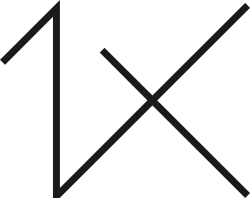
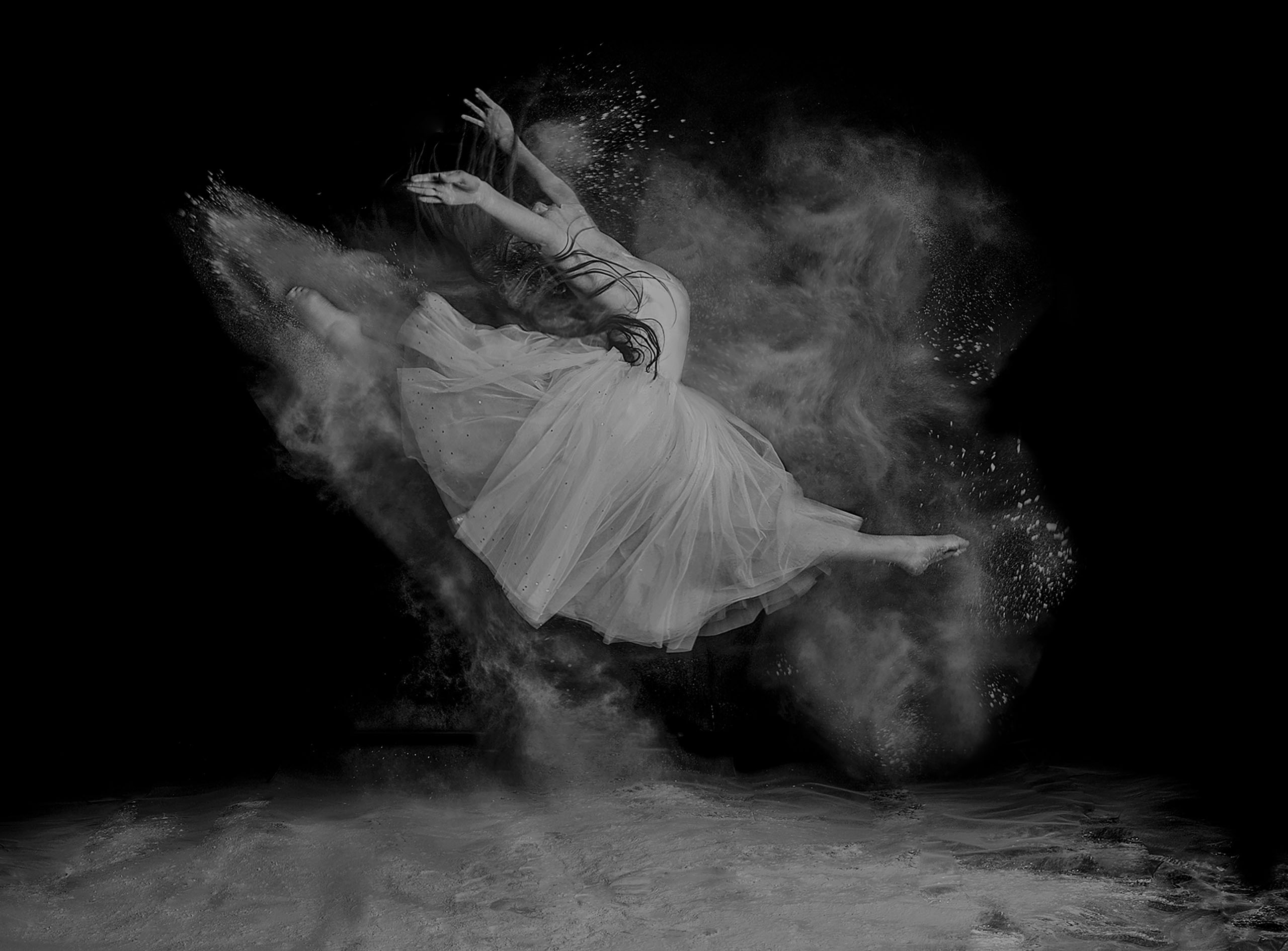
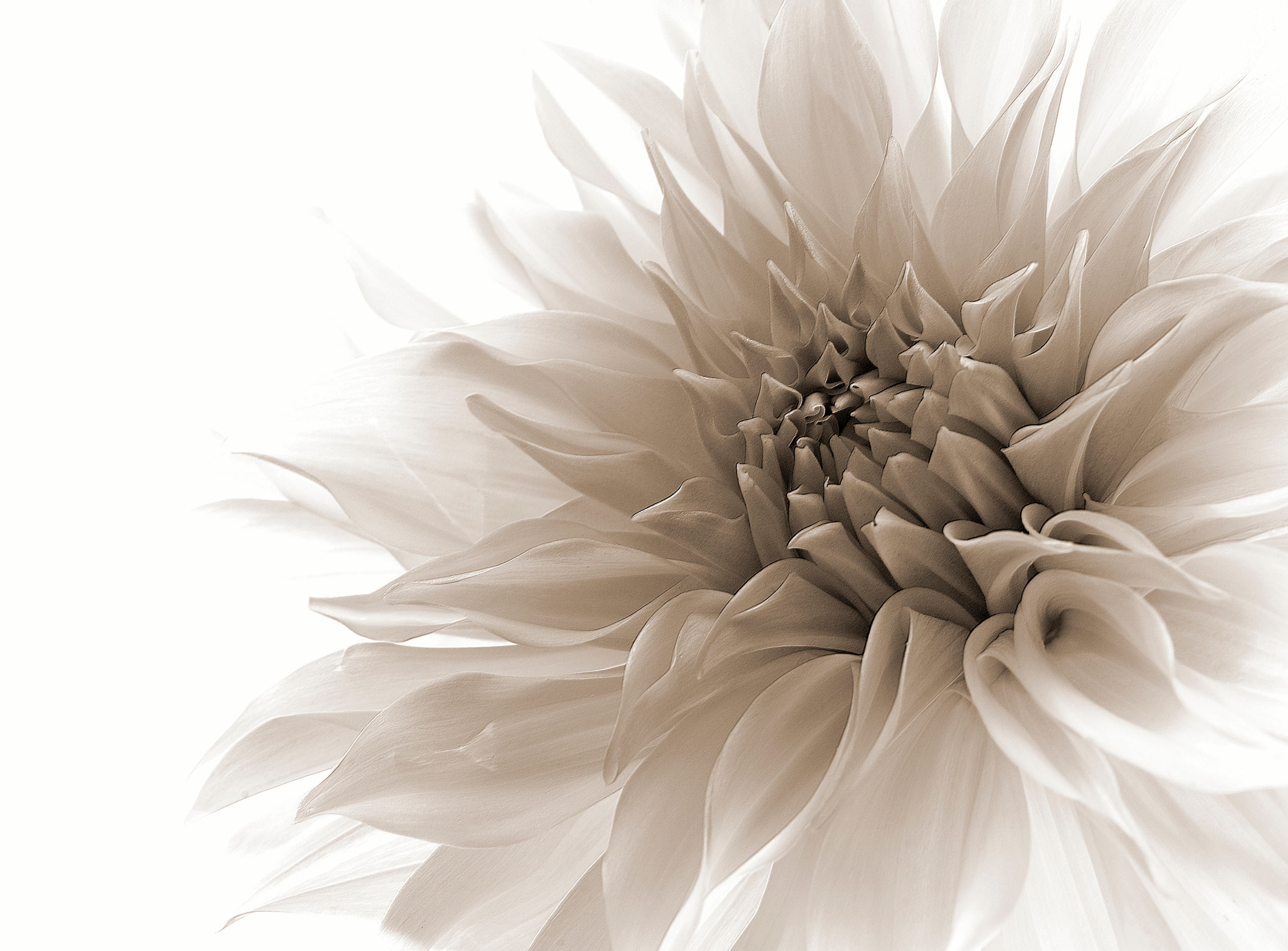
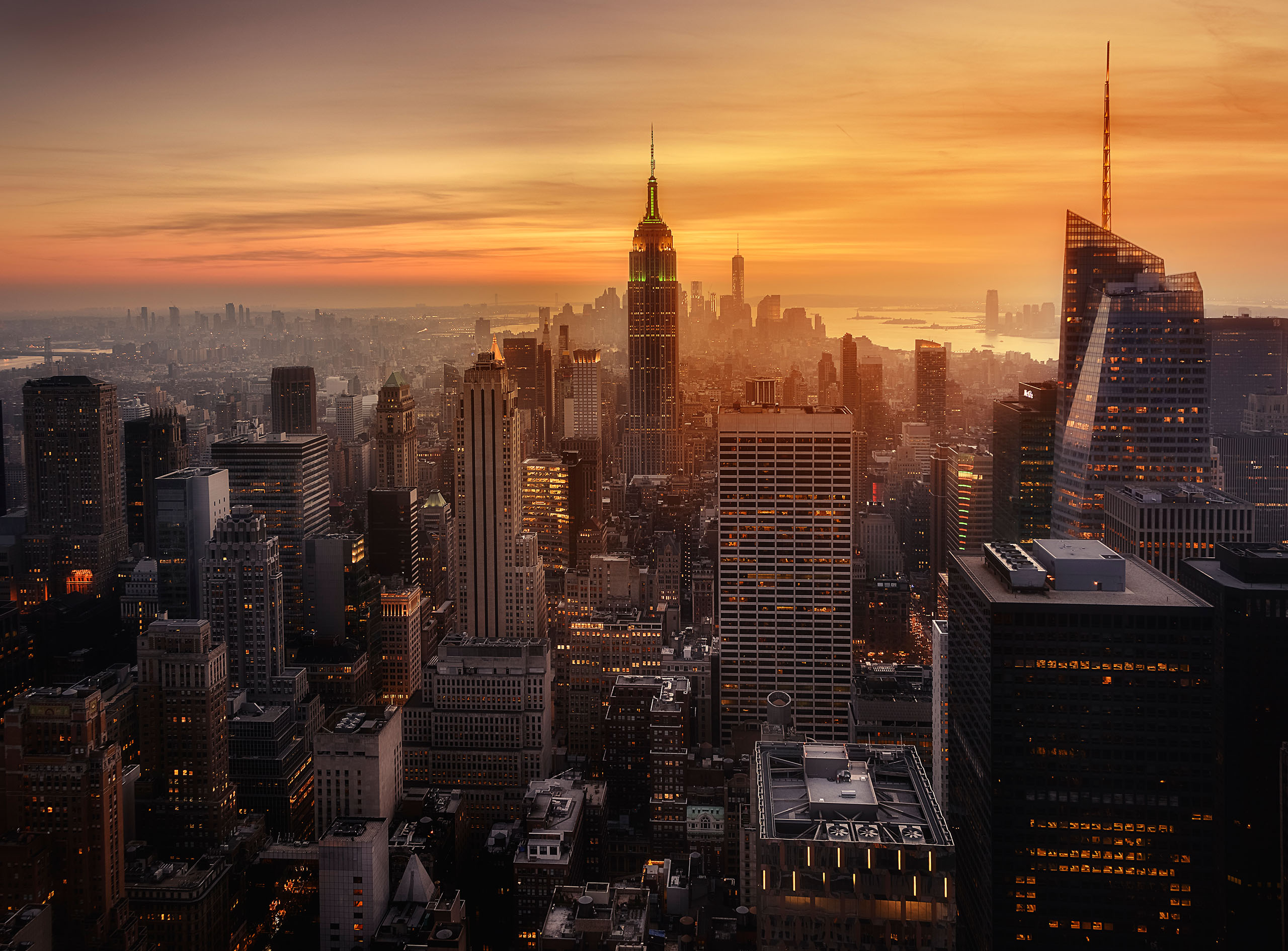
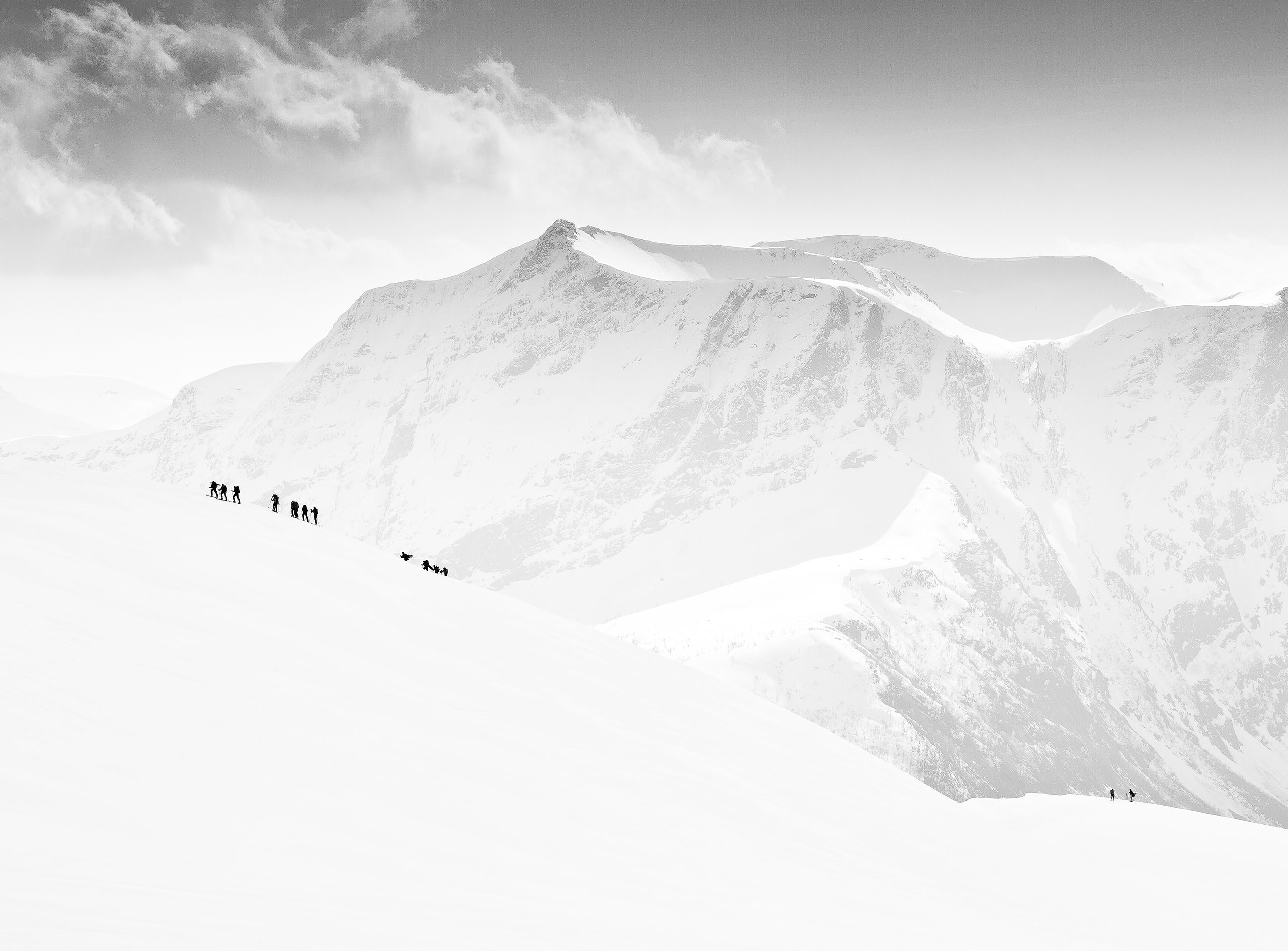
|
|
|
|


Depending on who you ask, the answer to which is better, film or digital, will be pretty much polarised. Much like audiophiles, photographers have their own agendas and likes. And just like audiophiles, the debate between analogue and digital rages on. And on, and on...
I'm not going to offer an answer, because there isn't one. Much like art, it comes down to the emotional response of the individual. But, as I'm one of those individuals, I shall attempt to explain my feelings towards the use of each medium. Not the technical aspects, but its use.
It must, of course, be stated right from the outset that the final image is the primary arbiter of quality and the means to its end is very much secondary. When you view a picture, how it was created is of some curiosity value but not much more than that. But here's the important thing; how we, as photographers, go about the creation of an image can impact the quality of the end result. In that respect, how it was created, is important. Let me explain...
There is a direct correlation between effort and quality. The harder it is to do something, the better the end results tend to be. When constraints are imposed, they have to be overcome somehow and in someway. This naturally requires (considerable) effort and determination.
If your desire to create is insufficient, then nothing much will result. It should now be obvious, dear reader, where I'm going with this. And that is computational digital photography is the devils work, and film is the angel's medium. And I said I wasn't going to offer an answer to the question. Shame on me.
Okay, I'm a sinner. For my sins, I confess that I use a purely digital medium. And I can't be saved. However, my work might be saved. Because, brothers, I have seen the light. But I'm not going to follow that light it into a darkroom. (Oh no, fogging). Been there, done that.
I discovered with my own photography that I became sloppy. I bought a modern mirrorless camera that seduced me with its freedom; it gave me autofocus, autoexposure, IBIS, auto everything and unlimited image storage. I even started to not use the viewfinder. I was thinking less and shooting more. And the more I shot, the worse the results were.
Frankly, everything was, and is, too easy. Modern digital photography is easy. Really, really easy. Anyone can do it, and do it rather well. Little effort, skill or knowledge needed. Film, on the other hand, forces you through its expense, the time and effort needed to understand its limitations, to concentrate the mind on the image that little bit more. A lot more to be honest. This is the crux of the matter.
It's not that film is better than digital, it's more that the ease of digital has corrupted the process of photography. From careless image making to the curse of AI and computational creation, we are on a slippery slope. We don't need more easy answers, we need thought provoking restraints to overcome. Perhaps we can impose these restraints on ourselves? Lose the AI software, the big zoom and use the viewfinder. Most of all, take time to study and consider the composition of the scene, turn off the IBIS, limit the ISO, restrict your images to 36 exposure or less and use manual only.
Force yourself to THINK before you press the shutter. In other words, become a film photographer. Digitally speaking of course. Here endeth the sermon...
 | Write |
 | Alfredo Nogueira "Photography is in direct proportion with our time: multiple, faster, instant. Because it is so easy, it will be more difficult. We can photograph almost anything. There is a photographic explosion in the world—it's the glamour profession. Anybody taking pictures can copy trends or styles.
Only a vision—that is what one must have." {Ernst Haas] |
 | Miro Susta CREW Very interesting discussion about film vs digital. I used film until 2000 when I changed to digital. Even starting with digital I was thinking as film (analog) photographer, evaluating and preparing each shot carefully. Now I can see the differences, negative and positive, but my wish is stay digital. Many thanks Peter for raising this interesting subject, thanks Yvette for article editing. |
 | Miro Susta CREW Peter & Yvette I am not able to read the text on my PC, can't find why? Can't comment. Maybe Malaysia is far away (joke) |
 | Yvette Depaepe CREW Sorry Miro, it's a bug in the programm. I'll write Jacob to fix it. I changed the text at least 12 times to light grey and after half an hour it jumps again to dark grey. One immediate solution is to go to your settings and ask for a white background. Cheers, Yvette |
 | Wanghan Li PRO Very good comments below due to the nice article by Peter! I am learning. If I understand it correctly, I need to put more effort on learning the basic principles which come from all the old masters and the digital cameras are the only tools... |
 | Peter Davidson CREW Don't take this (or me) too seriously Wanghan! Cheers! |
 | Strelok PRO If we follow the esteemed author's advice, none of the results will ever be published on 1x.com. (Joke).
It's funny how it always has to be this versus that. Nikon vs Canon. Film vs Digital. Men vs Women. (Joke). Yes, people love to argue and prove their own pile is the absolute best.
In reality though everything manages to coexist rather nicely.
Cameras, lenses, medium are just tools for artistic self expression. It's the process and the end result that matter most. Different tools are appropriate for different tasks. Am I going to shoot a studio portrait on film in this day and age? Most likely not. But will I take my film loaded rangefinder with its super bright manual focusing lens with me on a nocturnal walk through the city? Absolutely. It's whatever works for you. Have fun and don't let 1x. curators discourage you. Your work is fabulous ;-) |
 | Peter Davidson CREW No argument from me! Oh, wait? Is this a 2 minute argument or 10? Check out Python's The Argument https://youtu.be/ohDB5gbtaEQ |
 | Francisco Goncalves PRO Thank you, a provocative article, a much-needed food for thought. I always thought I was on the right path, like you, I gave up analog photography because in the late 90's I moved constantly to places where having my own darkroom was practically impossible. Also, I was not sold on the idea of digital. Early in the new century, I tried digital again and, I was surprised, a good surprise and, as I moved into the world of digital I become sloppy - my mind switched to "this is easy mode". I am back to cutting down the "auto". I like the big sensors but I don't like the camera to make the choices I should be the one "responsible for". Back to manual and paying lots of attention and effort on post-processing. |
 | Peter Davidson CREW Ah well, that's progress Francisco! |
 | Paulo Abrantes PRO The medium is just a tool - it´s the way i see it. Two different paths, not better and not worst, just different. It´s not a mandatory choice, to choose one. Sometimes it´s the mood, sometimes it´s the feeling, sometimes it´s just because one likes more the feel and presentation of the image in film or the opposite, sometimes film is just a way of getting more things to do in the dark room than to just shoot, edit and publish the pixels, sometimes it´s just because one gets the presentation one wants directly from the film and no time to do that path in PS... There are thousands of reasons to shoot film and the exact same amount of other reasons to shoot pixels, and many of those reasons are just the same for both, film and digital. They are all good. It´s all just about the intended outcome and how to reach it, how to get there and if one wants to use film or to use digital to show that particular outcome presentation. The bottom line is:are we talking about photography? If the answer is, yes, well, what matters if digital or if film? :) |
 | Strelok PRO Bravo :-) |
 | Peter Davidson CREW Indeed, it matters not a jot, so long as the chosen technology is not in some way detrimental to any individuals process. It's always a personal thing. Thanks Paulo. |
 | Patrick Compagnucci PRO Great thoughts Peter! Thanks |
 | Peter Davidson CREW Thanks Patrick. |
 | Steven T CREW A fine sermon! Thank you, Peter. |
 | Peter Davidson CREW Bless you my son. |
 | Anita Singh PRO Interesting write up ,it’s like a roller coaster ride film, digital , film digital , but definitely thought provoking. Yes it’s good idea to pause and ponder before clicking |
 | Peter Davidson CREW Thanks Anita. |
 | Mike Kreiten CREW Fun read, Peter, I always enjoy your posts. A story I often tell is that I carried a analogue body with me for more than a year. The Nikon F-80 works with all lenses I carry when travelling for photography, compared to a digital body it costs nothing and weight is minimal. I took ONE shot per subject only on film, dozens to figure out what that ONE shot could be ideally. For me it's about that feeling when pressing the trigger of a film camera. You have that one chance and you only know later if you succeeded. That feels so different than just shooting - checking on display and re-shoot if needed, it's thrilling simply. Funny story is that all my efforts of more than a year were wasted because the F-80 has an option to imprint date and time. Which was turned on, I didn't even know it can. Why would you read a manual of a film camera body... I better had. |
 | Peter Davidson CREW Whats a manual...? Thanks Mike. |
 | Eduardo Blanco García PRO De acuerdo |
 | Peter Davidson CREW Thanks Eduardo. |